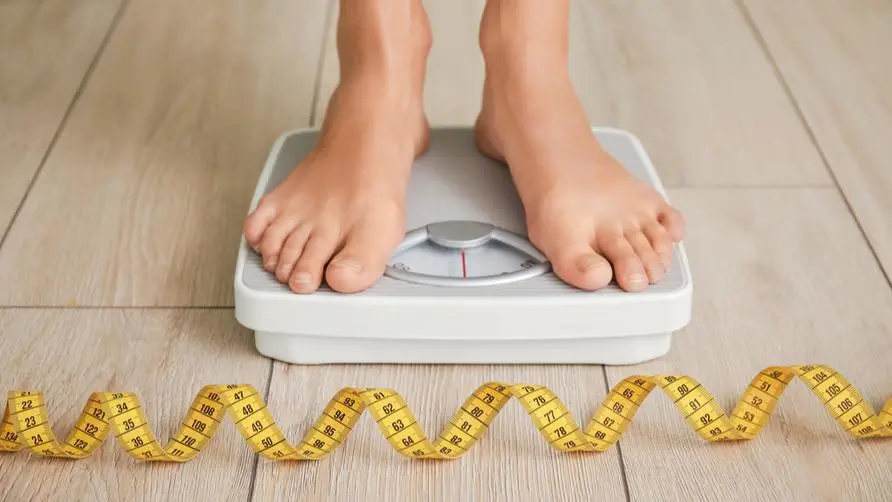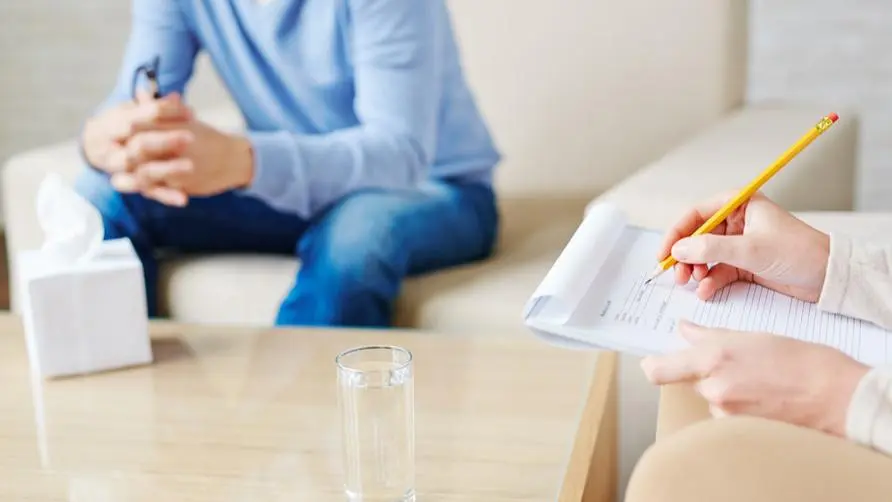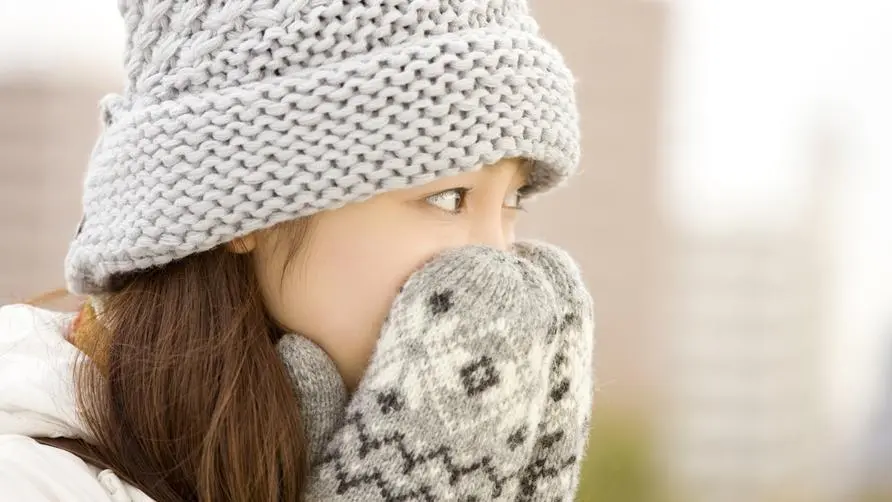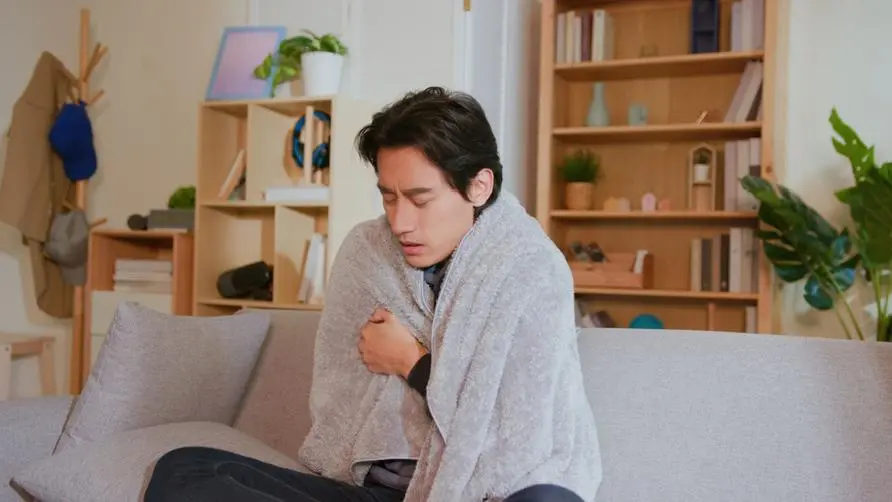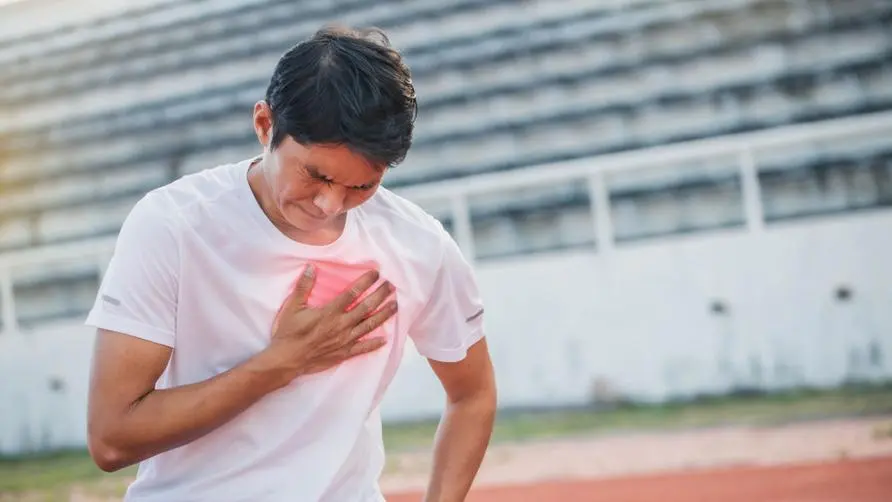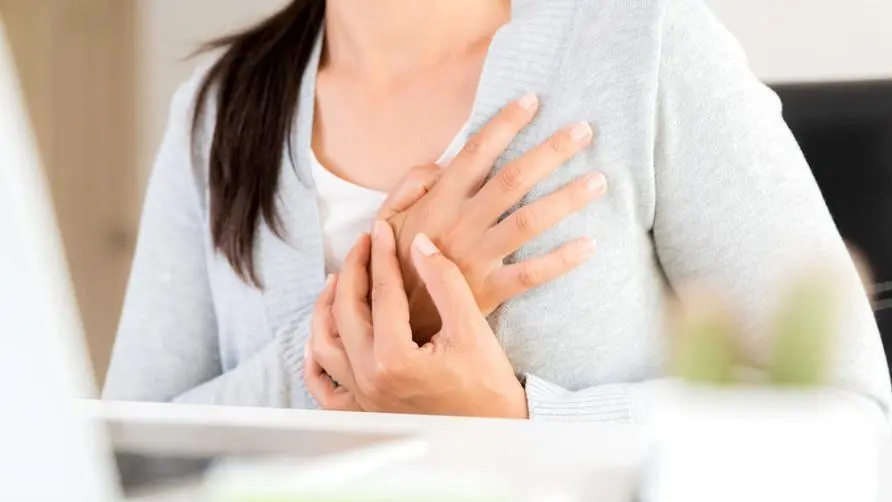The first cold wave is coming after winter! Intensivists urge you to avoid "two things": the most serious risk is sudden death from hypothermia
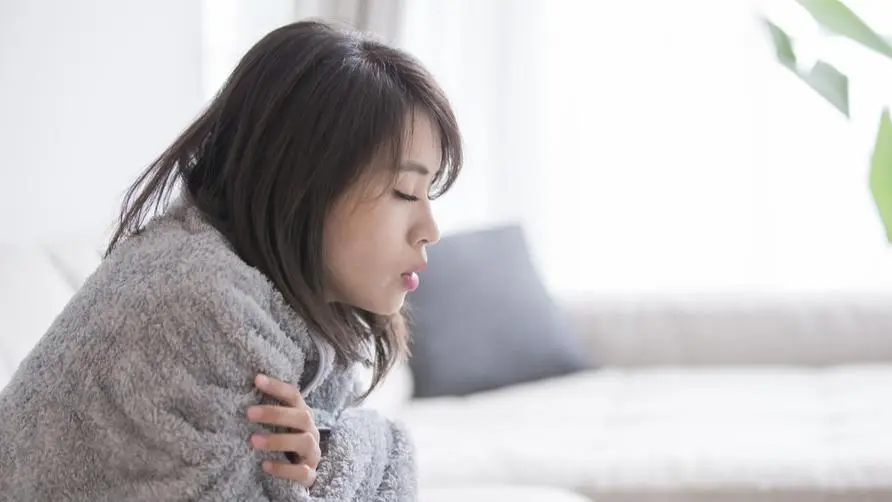
It has been noticeably cold and humid in northern Taiwan recently, and according to weather reports, the first cold wave after winter will appear this weekend (17th and 18th), and the low temperature in northern Taiwan may drop below 10 degrees. Dr. Huang Xuan, an expert in critical care medicine, posted on social media that people should be prepared to keep warm before the temperature drops sharply. They should do at least “10 things” during the cold wave and avoid wrong keeping warm behaviors that can cause acute harm to the body.
The low temperature in the north will drop below 10 degrees! Doctor: Take “10 major measures” before the cold wave hits
In terms of diet, Dr. Huang Xuan recommends eating at least one “hot food” every day. Noodle soups, hot soups, etc. can be eaten in moderation; however, be careful not to overdose on overly nutritious pot dishes such as mutton stew, ginger duck, and ginseng chicken, so as to avoid " “Over-supplementing” will affect the body. Soup soups such as spicy hot pot must be moderated to avoid eating too much sodium and fat. In addition, it is recommended to consume more vegetables and fruits to help increase the core body temperature in the body.
As for going out, you must also choose your clothing carefully. When wearing it, you can first use light underwear or heating clothing as the base, and pair it with a knitted sweater that is highly skin-friendly to maintain body temperature; the outermost layer can be paired with a down jacket or windbreaker, and it is mainly a three-layered outfit, which can increase or decrease depending on the temperature change. clothes. In addition, keeping warm through socks is very important for people with chronic diseases or peripheral vascular disease. It is recommended to choose shoes and socks with good sealing, or choose shoes with a waterproof rating of IPX-8 or above to avoid exposing the lower limbs to rain or wind. Humid and cold environment.
Dr. Huang Xuan reminds people not to think that there is no risk of hypothermia indoors; in fact, they should do a good job of keeping warm before going to bed. For example, quilts should have the function of keeping warm and keeping out the cold. If the quilt is not enough to keep out the cold, you can wear heating clothing, long-sleeved underwear or a woolen hat to sleep. If the clothes are too cold to dry, use a hair dryer to dry them before wearing them, and use a dehumidifier to dehumidify them around the clock.
“In the morning, the body temperature is at its peak throughout the day. Wearing wet and cold clothes at this time may cause the body to cool down faster and lead to the risk of hypothermia!”
Warm items are not recommended for sleeping! Doctors reveal 3 items that may pose “burn” risk
In terms of home heating, Dr. Huang Xuan said that if you need to use an electric heater, a convection model with a fan that can heat the entire space would be a better choice. A safety switch is built into the electric heater. If it falls over, it can automatically shut down to reduce danger. Remember to keep it away from children or pets. You can still maintain your exercise habits when the weather is cold. You can go to the gym or perform indoor exercises, such as skipping rope and push-ups, to help your body heat up.
In addition to electric heaters, people can also wear small warm items appropriately, such as gloves, earmuffs, masks, scarves, heating packs, etc. Currently, there are many electric blankets, heating pillows, and hand warmers, all with USB charging functions. However, it is not recommended to use it while sleeping to avoid excessive temperature of electronic products at night, which may cause skin burns.
Don’t do “these two things” when the cold snap comes! Critical care doctor warns: The most serious risk is sudden death from hypothermia
Many people believe that smoking or drinking can keep the body warm. In fact, doing so in winter has a high risk of death. Dr. Huang Xuan takes smoking as an example. In winter, the human body’s senses are relatively dull and numb. Smokers often smoke heavily because they can’t stand the cold wind. They swallow several times more harmful substances than usual, causing blood vessels to contract violently and invisibly. Narrow, harden, and brittle blood vessels, increase blood pressure, and increase the risk of stroke and myocardial infarction.
Although alcohol can stimulate blood vessels to dilate, accelerate blood circulation, and produce a feeling of warmth, the feeling of warmth it brings is not long-lasting; on the contrary, alcohol will cause blood vessels on the body surface to dilate and relax, accelerating the dissipation of body heat. Under such conditions, blood vessels have no time to contract, and the body’s ability to withstand cold is reduced, making it more likely to catch colds and colds, and even increase the chance of hypothermia and sudden death.
As the cold wave approaches, people should remember to avoid smoking and drinking. The Taiwan Ministry of Health and Welfare, Health Promotion Administration also reminded that body temperature is lower at night and in the early morning. Warm clothes should be prepared by the bed before going to bed. When getting up in the middle of the night or in the morning, You should first move your limbs or stretch in bed to warm up your body to promote blood circulation. You can also drink more warm water when you get up early. If patients with chronic diseases or the elderly feel unwell, they should seek medical treatment as soon as possible to prevent cardiovascular or high blood pressure problems from worsening and affecting other organs.
Further reading:
